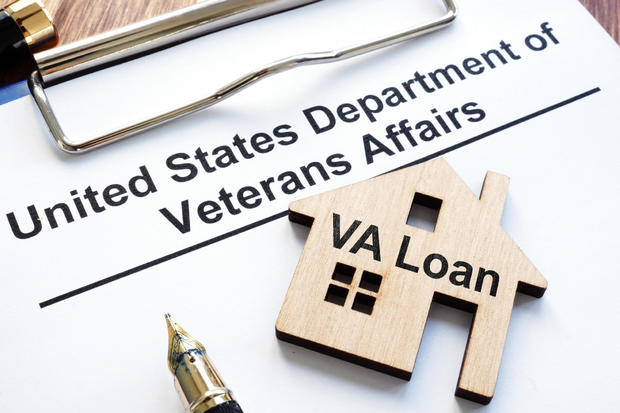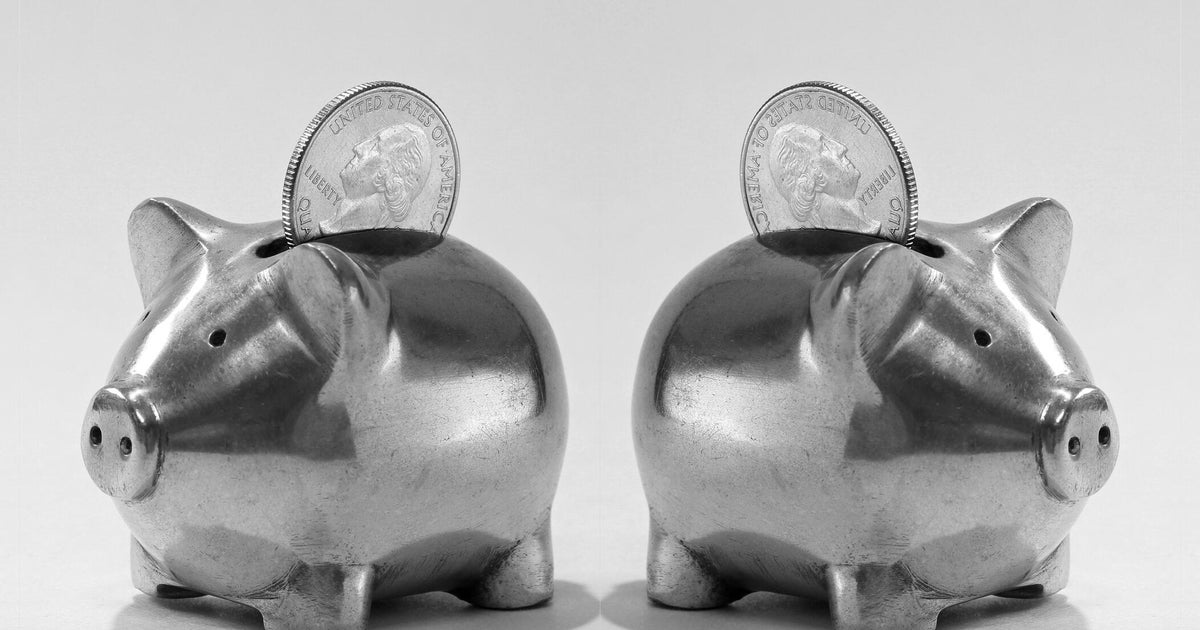4 benefits of VA loans to know
Limited inventory and high interest rates dramatically cooled the housing market in 2022, with home sales falling nearly 18% from 2021, according to data from the National Association of Realtors. At the same time, home prices continued to climb in 2022, with a median existing-home sale price rising 2.3%. However, experts predict that lower demand and rising interest rates should bring down prices in 2023.
Fortunately, those who serve our country and their spouses can take advantage of Veterans Affairs (VA) loans, which make financing a home a little easier. VA loans are mortgages guaranteed by the U.S. Department of Veterans Affairs, and they're available to veterans, active duty and reserve service members, and surviving military spouses. Because the federal government insures these loans, lenders can offer substantial benefits which make it easier and more affordable to buy a new home.
if this sounds like something you may benefit from then consider acting soon. It only takes minutes to check VA loan eligibility.
4 benefits of VA loans to know
1. Little to no down payment required
One of the most common barriers to homeownership is coming up with a down payment, especially for first-time homebuyers. A 2022 report from the National Association of Realtors states that 27% of younger millennial buyers listed saving for a down payment as the most difficult step when buying a home.
However, the down payment is not a problem with a VA home loan since these mortgages require no down payment in most cases. Other loans require at least some money upfront, such as a 3.5% minimum down payment on an FHA loan or a minimum of 3% down on a conventional loan.
That means if you want to purchase a $400,000 home, you'd need to put down at least $14,000 with an FHA loan and $12,000 with a conventional loan. By contrast, your down payment with a VA mortgage loan would be $0, meaning you don't have to save for years to come up with the funds for your own home.
You can easily determine your eligibility here now.
2. No private mortgage insurance (PMI)
Private mortgage insurance (PMI) Is a type of insurance that conventional mortgage lenders typically require you to pay if your down payment is less than 20% of your home's purchase amount. Similarly, new FHA loans require you to pay mortgage insurance premiums (MIP). In both cases, the purpose of mortgage insurance is to minimize the lender's risk in funding a mortgage.
Fortunately, VA loans don't require mortgage insurance since the Department of Veterans Affairs backs its loans.
3. Lower interest rates
Another valuable benefit of VA loans is interest rates that are typically 0.5% to 1% lower than conventional loans. That difference can help veterans save tens of thousands of dollars or more throughout a 30-year mortgage.
According to Freddie Mac, the average mortgage interest rate on a 30-year fixed-rate mortgage was 6.15% as of January 19, 2023. At that rate, on a $400,000 home, you'd pay over $477,000 in interest throughout a 30-year term. A similar VA loan with an interest rate of 1% lower would incur $386,000 in interest charges, representing a $91,000 savings.
4. Less stringent credit and debt-to-income requirements
Finally, VA loans typically have more flexible credit and debt-to-income (DTI) requirements than conventional loans. The VA doesn't define a minimum credit score for the loans they guarantee. Instead, banks and lenders subscribe to their own minimum thresholds, so standards may vary. Generally, you can qualify for a VA loan with a FICO credit score as low as 620, but many conventional mortgage lenders prefer a score of at least 670.
Additionally, VA loans tend to have more lenient guidelines for debt-to-income ratios (DTI), which measure the amount of your total monthly debt payments against your total monthly income. With VA loans, your monthly debts, like your car or student loan payments, should make up at most 41% of your gross monthly income. However, you may still be eligible for a VA loan with a DTI ratio of up to 55%. In that case, your lender will likely require you to meet additional credit score and income criteria.
You can quickly check your VA loan eligibility with Veterans United now.
Other considerations
While you won't pay mortgage insurance with a VA loan, you'll likely have to pay a VA funding fee. The purpose of the fee is to help the government lower the taxpayer's costs of funding the VA loan program.
The funding fee varies, from 1.4% to 3.6% of the loan amount, depending on the amount of your down payment, how many times you've used a VA loan and other factors. You can pay the entire fee upfront at closing or fold it into your loan and pay it off over time. Some disabled veterans and surviving spouses are exempt from paying the VA loan funding fee.
The bottom line
VA loans offer substantial benefits to veterans, active duty service members and surviving spouses. Benefits include 0% down payments, no PMI, lower interest and more lenient financing requirements.
But that's not where the advantages end. VA loans mortgage program also limits the fees and costs you must pay at closing. Also, you can use the program multiple times, as the benefit never expires. Finally, a VA loan is also assumable so that you may transfer it to another qualified veteran. These are among the many benefits VA loans provide to help those who have served our country achieve the dream of homeownership.
If you think you would benefit from a VA loan and want to check eligibility and costs then get started by answering a few brief questions here now.




